Achieving a cleaner Mediterranean Sea requires better implementation of policies and enhanced environmental data and information, according to a joint report by the European Environment Agency (EEA) and United Nations Environment Programme’s Mediterranean Action Plan (UNEP/MAP), published today. Cumulative effects of waste and marine litter, and wastewater and industrial emissions remain key challenges for the region.
The joint EEA and UNEP/MAP report ‘Towards a cleaner Mediterranean Sea: a decade of progress’ takes stock of the progress achieved and challenges ahead in the Union for the Mediterranean (UfM) Horizon 2020 initiative for a cleaner Mediterranean (H2020).
According to the report, the current interventions are effective in keeping up with increasing environmental pressures but their scale may not be enough to improve the environmental status of the Mediterranean. This main message is consistent with the findings of the ‘State of the Environment and Development in the Mediterranean report’ that will soon be released by Plan Bleu, a Regional Activity Centre of the UNEP/MAP-Barcelona Convention system.
Recycling is failing to keep up with increasing waste generation in several countries on the southern shore of the Mediterranean, due to the relatively high cost compared with open dumping. Similarly, the report shows that access to safely managed sanitation is slowly increasing but at least 5.7 million people in urban areas and 10.6 million rural dwellers still have no access to improved sanitation systems. Another area that needs focus is the integrated management of pollution, including for example effective water reuse policies that would tackle increasing demand and decreasing availability of water.
Despite efforts to transition to circular approaches, important economic sectors, such as manufacturing, are still based on linear business models relying on unsustainable resource consumption and supply chains. The report also notes the need for a more effective management of hazardous waste. Adequate funding. and building capacity for the treatment and disposal of hazardous waste across the basin is both critical and urgent.
One of the key challenges is that the region’s complex and heterogenous policy landscape makes it difficult to address environmental challenges in a holistic way. The report calls for better enforcement of policies, which requires more robust and shared environmental information as well as capacity building at local, national and regional level. Although the regional data systems have improved significantly, there has been little improvement in data availability and quality at national level, the report indicates.
’Towards a cleaner Mediterranean Sea: a decade of progress’ is the second joint EEA–UNEP/MAP assessment under the H2020 initiative. The assessment informs UfM’s work and provides insights for evidence-based decision-making in the region.
The Naples Ministerial Declaration, which was adopted last year by the Contracting Parties to the Barcelona Convention (21 Mediterranean countries and the European Union) underlines the “need for a systemic change supported by forward-looking and innovative strategies, policies, and behaviours”.
The joint report was produced with the financial support of the European Union. Its contents are the sole responsibility of the EEA and UNEP/MAP and do not necessarily reflect the views of the EU.
Press enquires:
Antti Kaartinen, Press officer, European Environment Agency, kaartinen@eea.europa.eu
Jihed Ghannem, Public Information Officer, UNEP/MAP-Barcelona Convention Secretariat, ghannem@un.org


